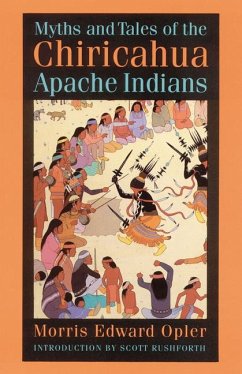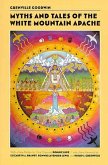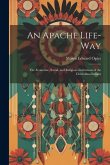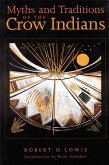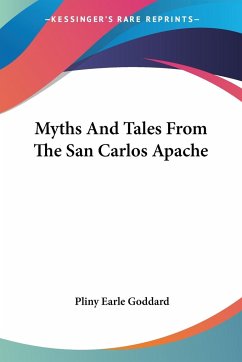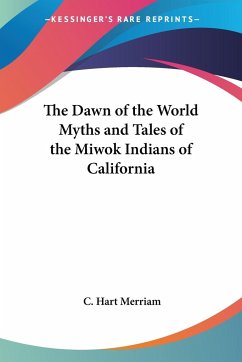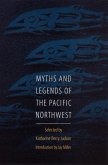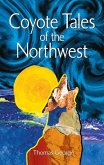"We are dealing here with a living literature," wrote Morris Edward Opler in his preface to "Myths and Tales of the Chiricahua Apache Indians," First published in 1942 by the American Folk-Lore Society, this is another classic study by the author of "Myths and Tales of the Jicarilla Apache Indians," Opler conducted field work among the Chiricahuas in the American Southwest, as he had earlier among the Jicarillas. The result is a definitive collection of their myths. They range from an account of the world destroyed by water to descriptions of puberty rites and wonderful contests. The exploits of culture heroes involve the slaying of monsters and the assistance of Coyote. A large part of the book is devoted to the irrepressible Coyote, whose antics make cautionary tales for the young, tales that also allow harmless expression of the taboo. Other striking stories present supernatural beings and "foolish people."
Bitte wählen Sie Ihr Anliegen aus.
Rechnungen
Retourenschein anfordern
Bestellstatus
Storno

